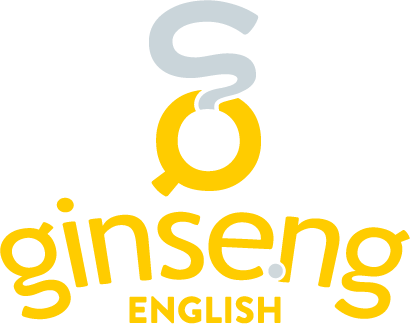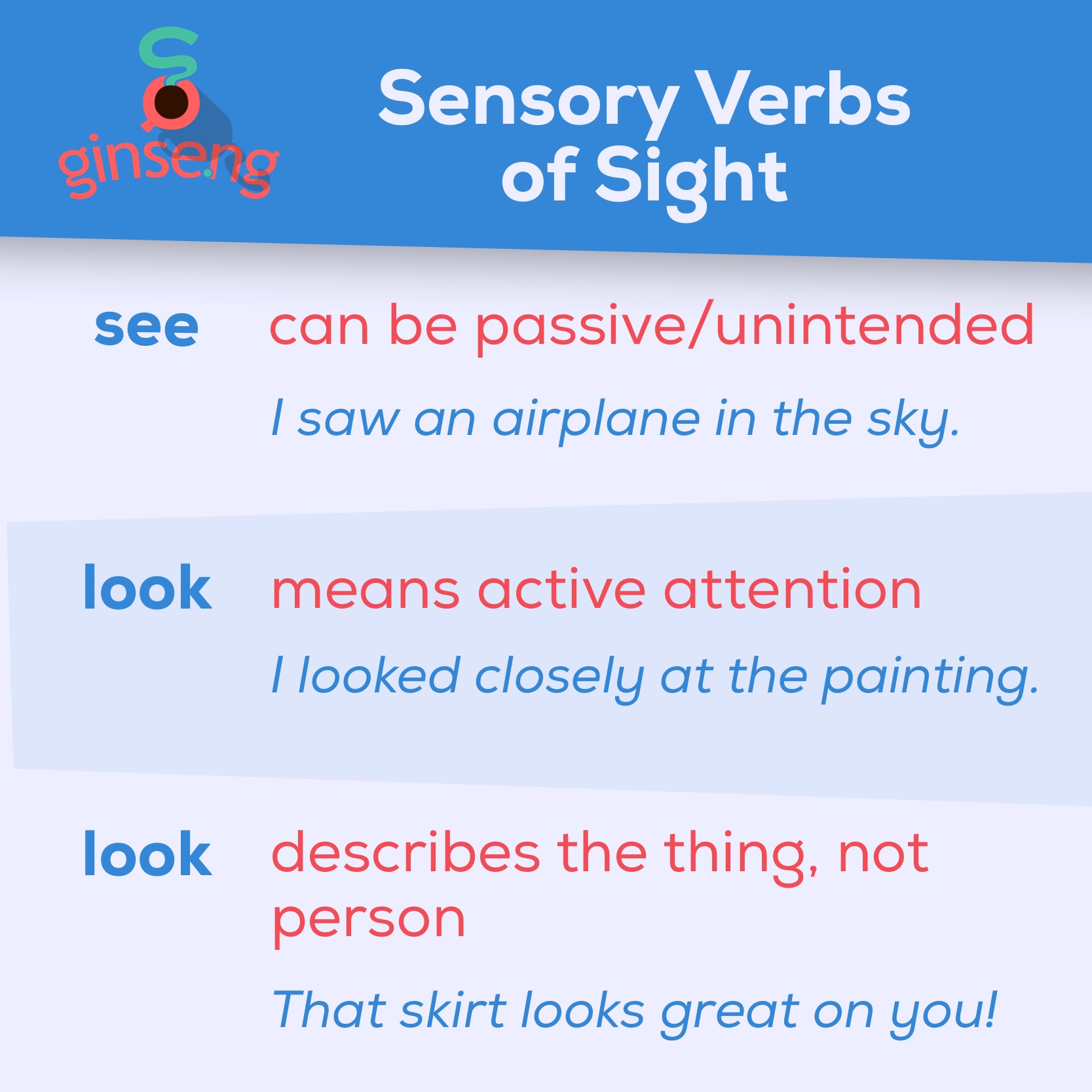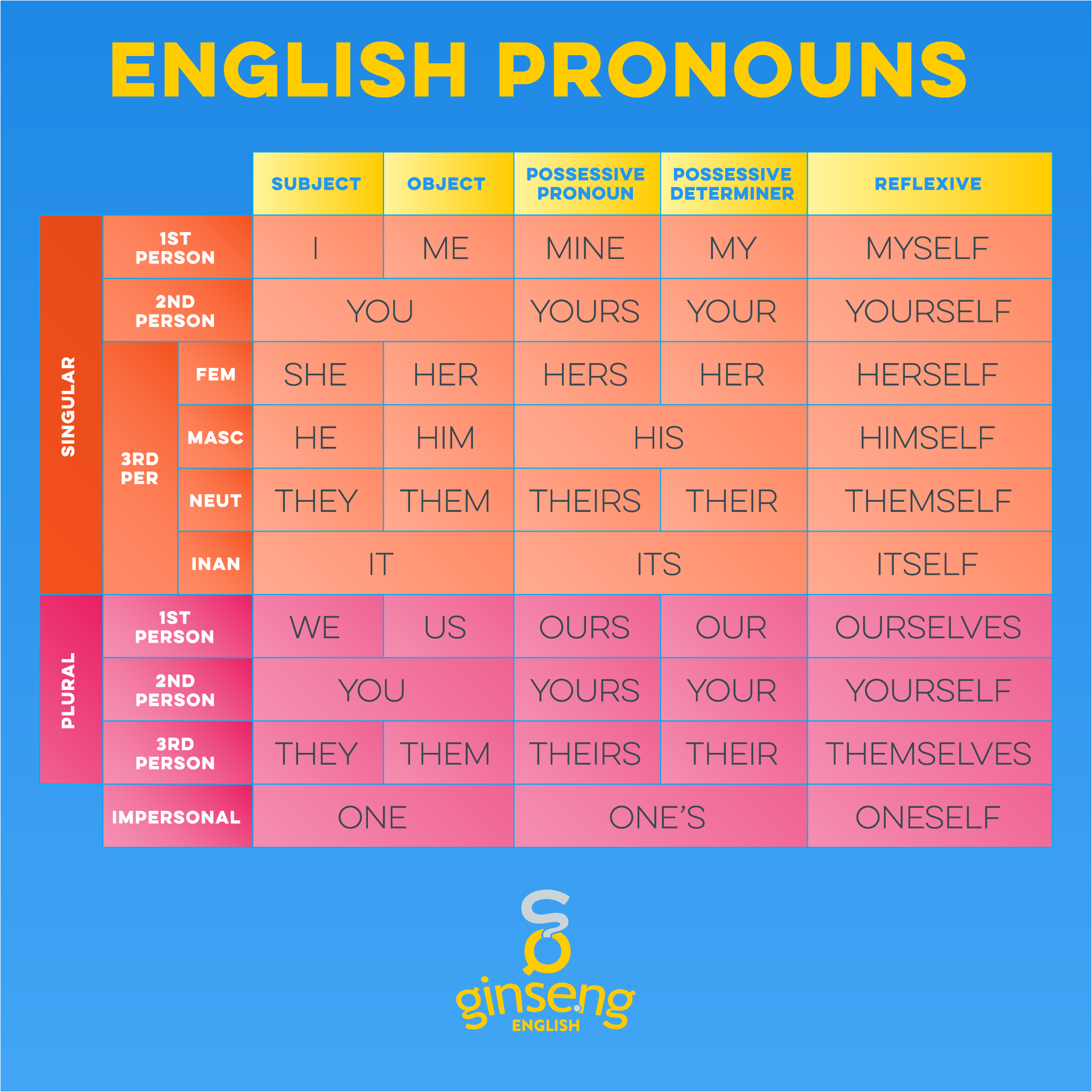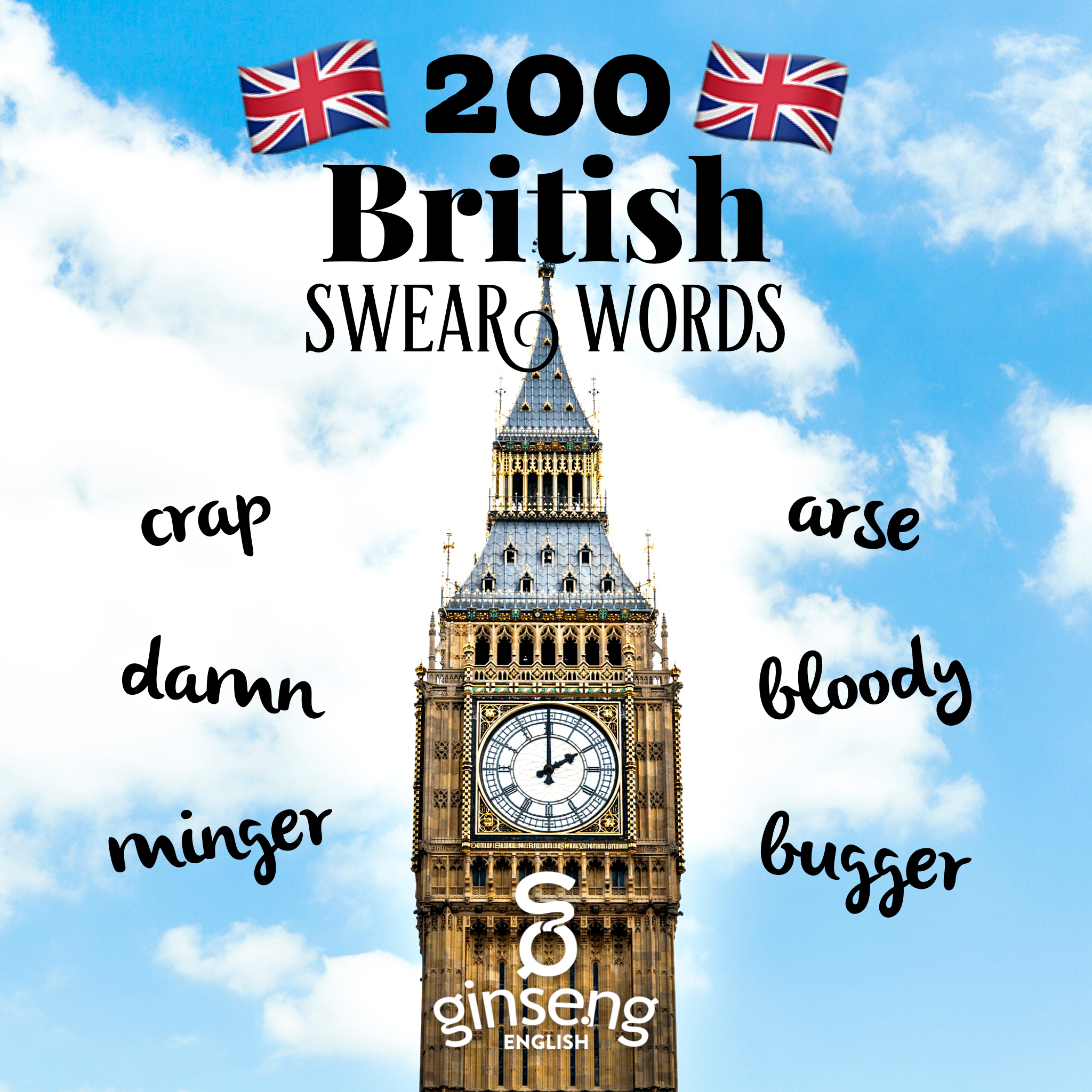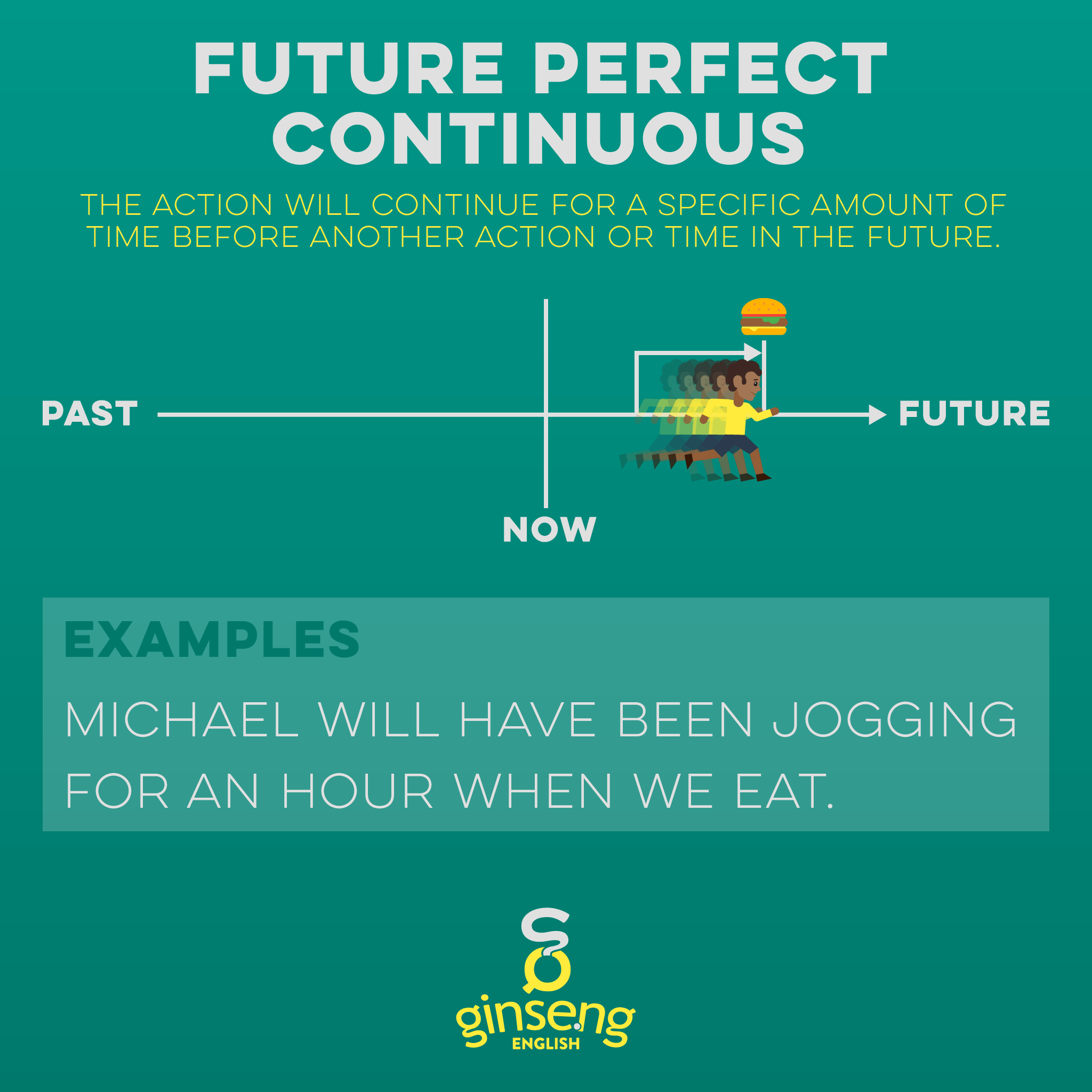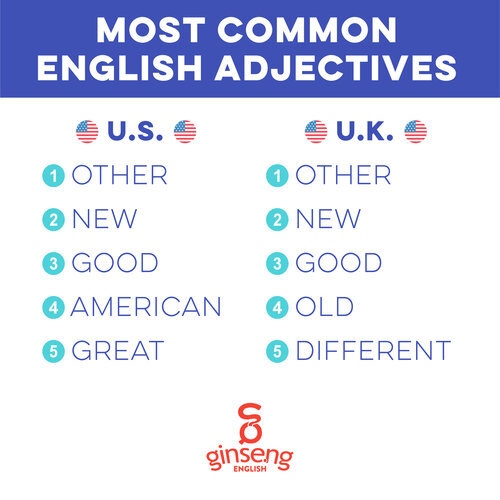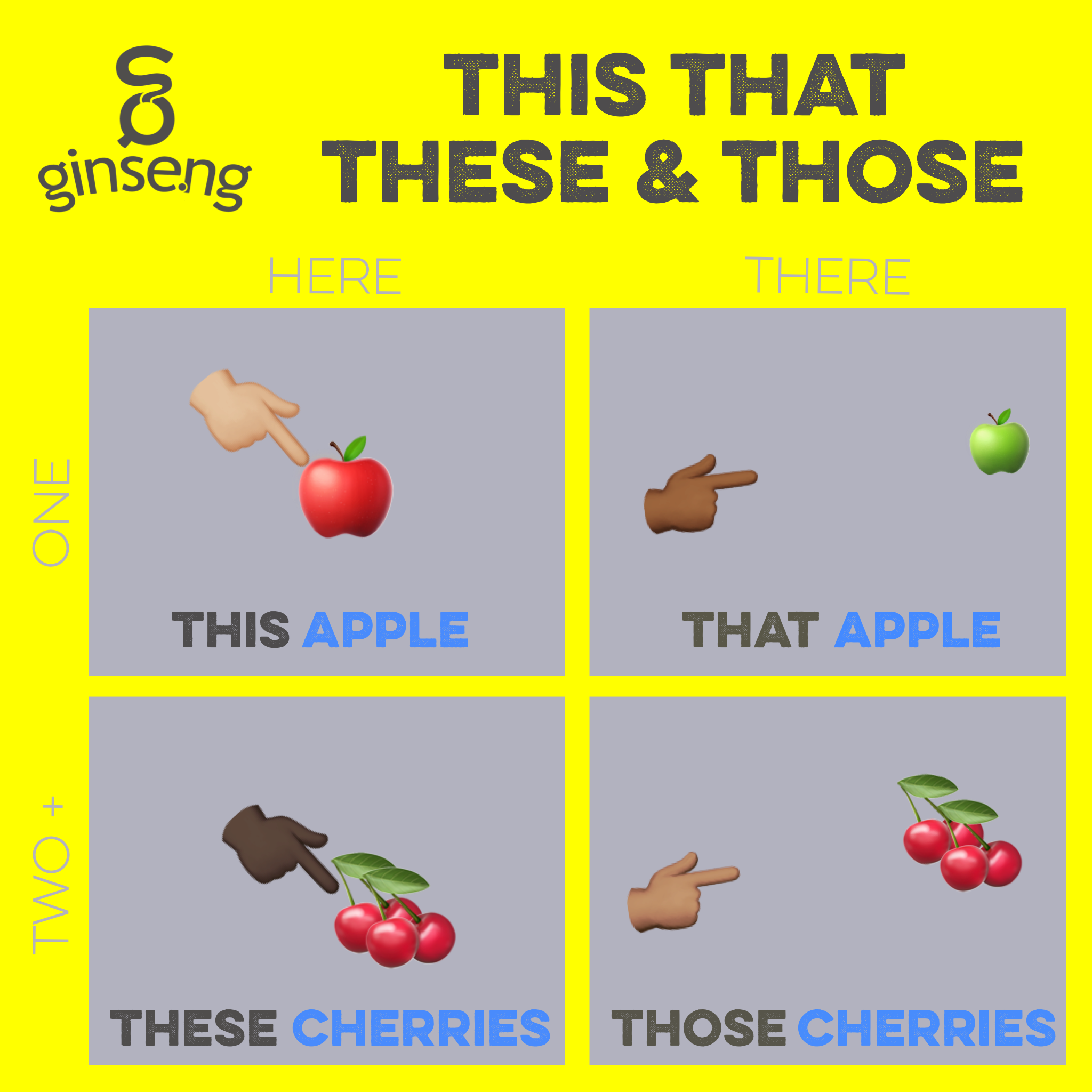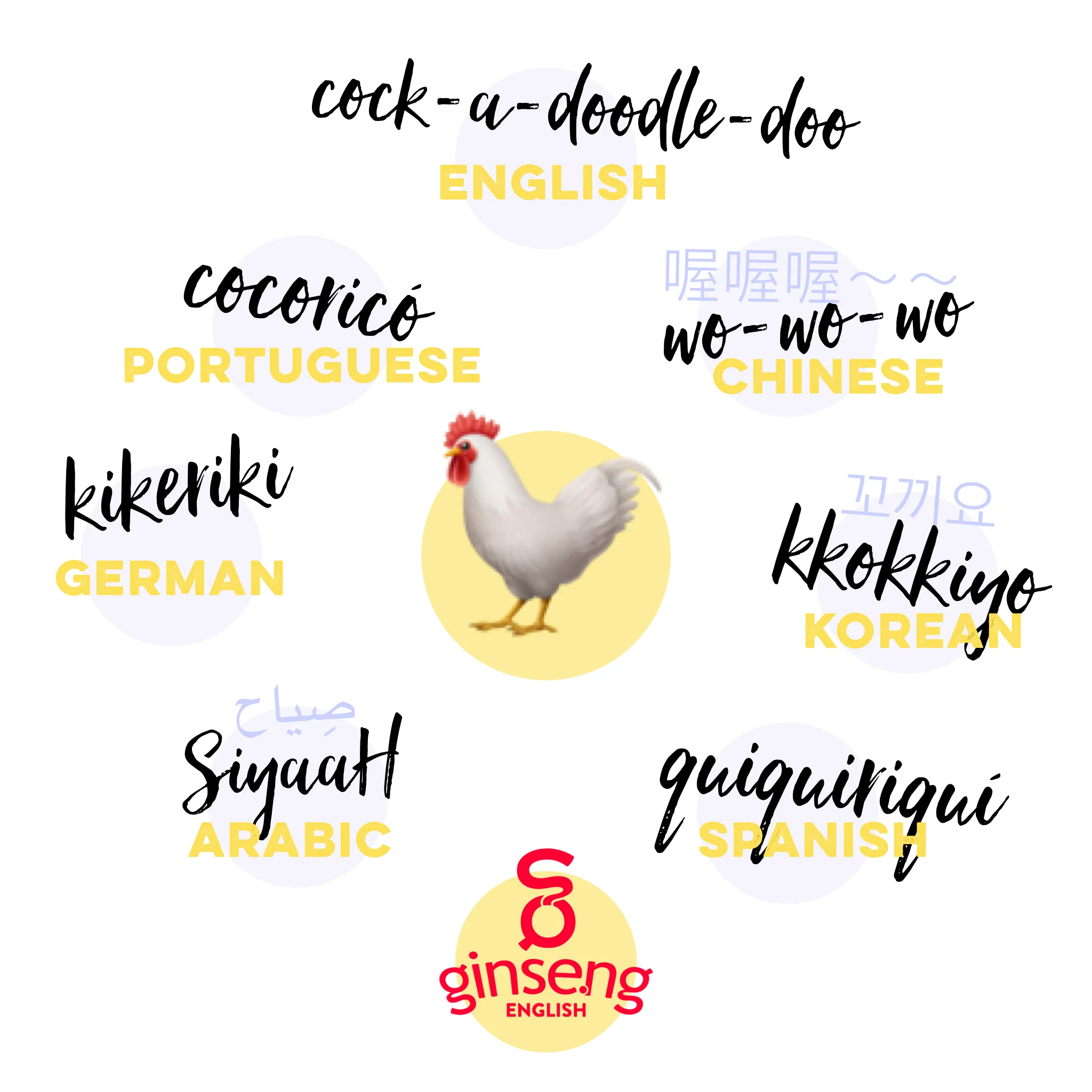Basic geometry vocabulary
Rob from Ginseng English recently took a trip to Shanghai and recorded a lesson on geograph—err, geometry vocabulary. Take a moment and have a look!
Geometry Vocabulary List
Vertical (adj.) - positioned up and down rather than from side to side; going straight up
Horizontal (adj.) - positioned from side to side rather than up and down; parallel to the ground
Diagonal (adj.) - not going straight across or up and down
Beam (n.) - a long and heavy piece of wood or metal that is used as a support in a building
Post (n.) - a piece of wood or metal that is set in a vertical position, especially as a support or marker
Narrow (adj.) - long and not wide
Wide (adj.) - extending a great distance from one side to the other; not narrow
Free Vocabulary Resources
If you're trying to improve your English vocabulary online, check out these other free vocabulary resources from the Ginseng English Blog:
